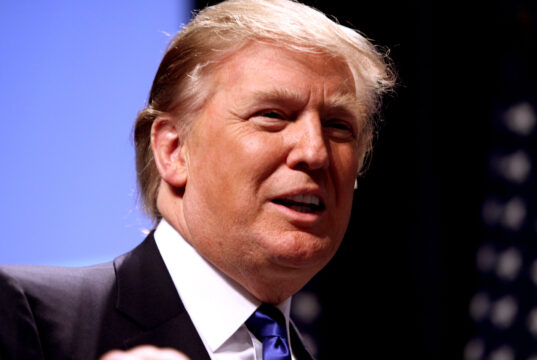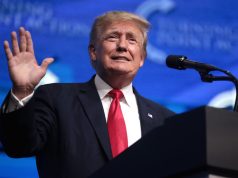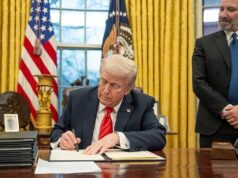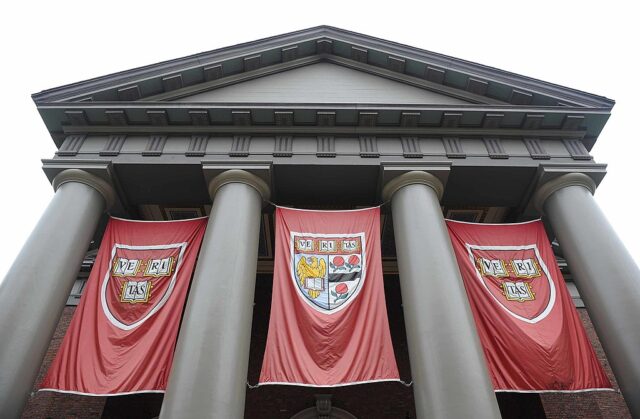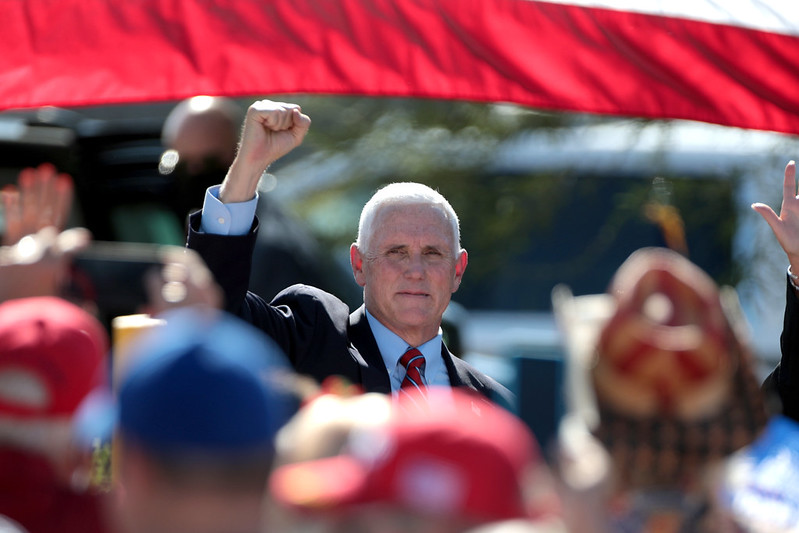Harvard Sues Trump Admin. Over Foreign Student Ban
Harvard University has filed a lawsuit against the Trump Administration over its decision to terminate the university’s student visa program.
Harvard said the policy will affect more than 7,000 visa holders and is a “blatant violation of the First Amendment, the Due Process Clause, and the Administrative Procedure Act,” per its court filing.
On Thursday, DHS Secretary Kristi Noem ordered Harvard to be taken off the Student and Exchange Visitor Program certification. The order effectively bans Harvard from enrolling international students and forces current ones, who make up roughly a quarter of the school’s student population, to transfer.
DHS moved to terminate the program after Harvard allegedly failed to provide it with the extensive behavioral records of student visa holders the department requested. DHS offered Harvard 72 hours on Thursday to come into compliance with the request.
As of now, Harvard may no longer enroll foreign students in the 2025–2026 school year, and existing foreign students must transfer or lose their legal status to reside in the U.S. before the next academic year begins. International students made up 27 percent of Harvard’s student body in the 2024-2025 academic year.
The records requested include any footage of protest activity involving students on visas and the disciplinary records of all students on visas in the last five years.
Requested records also include footage or documentation of illegal, dangerous or violent activity by student visa holders, any records of threats or the deprivation of rights of other students or university personnel.
Harvard President Alan Gerber announced the suit in a letter to the Harvard community.
“Without its international students, Harvard is not Harvard,” the complaint reads.
The administration has launched a multi-front pressure campaign against the school for refusing to bow to its demands for changes to its admissions and hiring policies, as well as getting rid of diversity, equity and inclusion (DEI) programs and a stronger stance against antisemitism.
Last month, the school sued the administration for freezing more than $2 billion in federal funding unless it complies with various demands.


